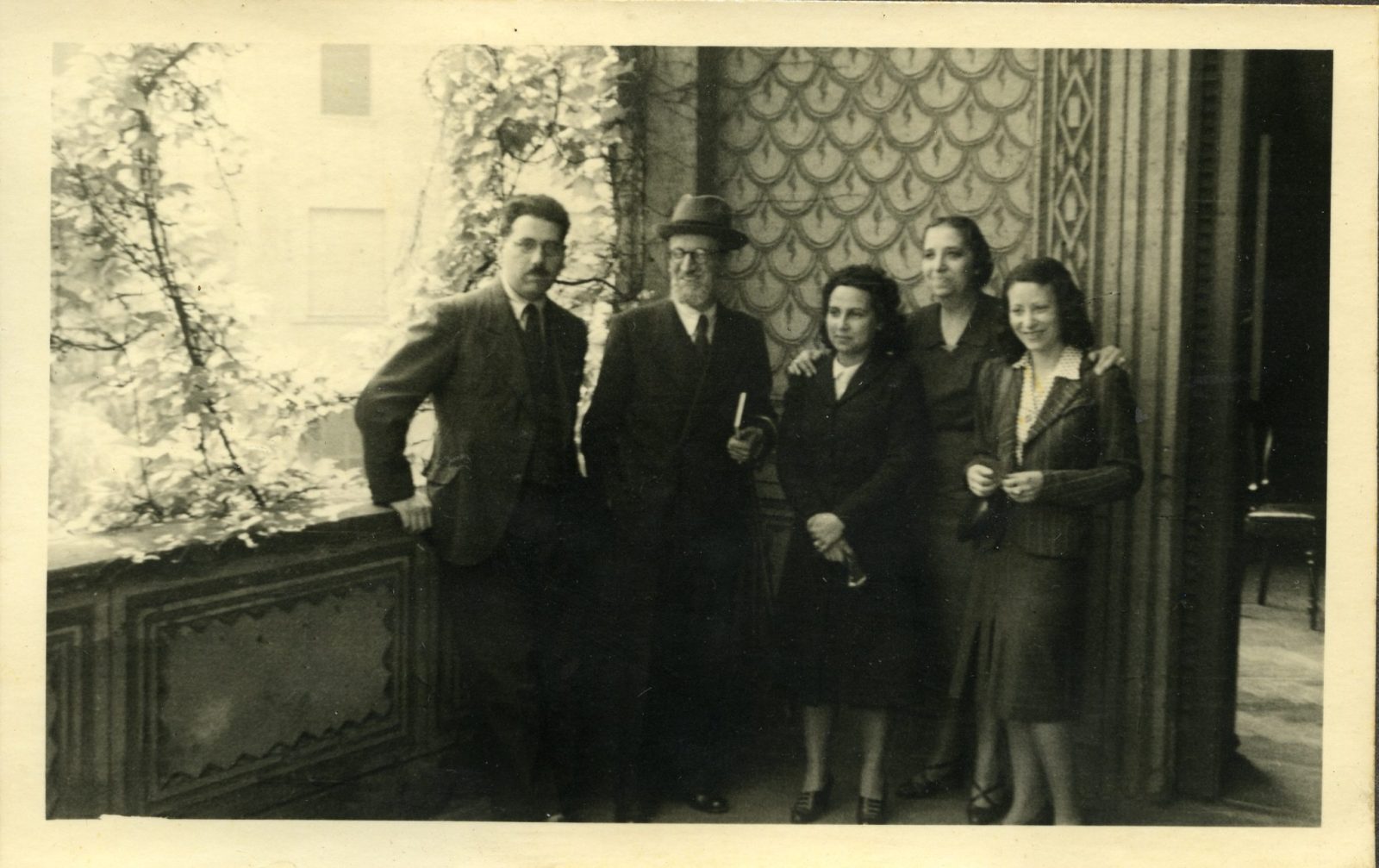REMEMBRANCE – Antisemitism in academia on display in Milan

Mario Falco (1884–1943) was a professor of canon law; Carlo Foà (1880–1971) was a professor of human physiology; Giuliana Fiorentino Tedeschi (1914–2010) was an assistant in the history of the Italian language. They had vastly different lives and stories, connected only by their common affiliation to the University of Milan. But in 1938, their fates, along with those of other Jewish professors and students in Italy, became tragically intertwined: the Fascist regime, with the enactment of the racial laws, expelled them from the university, stripping them of their roles. In total, 41 professors and assistants were dismissed from the Milanese institution.
This painful chapter is explored in the exhibition The University of Milan and the anti-Jewish laws, on display at the Milan Holocaust Memorial until February 23. The exhibition features documents from the University of Milan and the CDEC Foundation that traces the development of the anti-Jewish legislation, highlighting the personal stories of Falco, Foà, and Fiorentino Tedeschi.
“At the University of Milan, the Fascist regime’s antisemitic turn affected 41 professors, assistants, and aides. In many cases, they were distinguished scholars who had contributed their expertise to the Fascist cause—diverse individuals, in age and experience, whose lives were tragically unified by persecution,” explained Emanuele Edallo, curator of the exhibition. With Yuri Gallo, Luca Natali, and Giovanni Rota.
First displayed at the University of Milan in 2024, the exhibition has been adapted for the Holocaust Memorial, explained Emanuele Edallo, author of the book Il razzismo in cattedra. La persecuzione degli ebrei all’Università di Milano(Racism in Academia: The Persecution of the Jews at the University of Milan). The university, he noted, “carried out the expulsions with meticulous precision, showing a detachment understandable for the time but chilling in its farewell to the expelled colleagues.” There are no records, Edallo emphasized, of dissent from colleagues or students, except for a few isolated instances of private messages.
The exhibition focuses on the stories of Falco, Foà, and Fiorentino Tedeschi.
Falco was a distinguished jurist and the author of the 1930 law reorganizing the Italian Jewish communities. “We’ve included several significant documents, such as his request to be reassigned to a non-academic role,” said Edallo. After his expulsion, he withdrew from public life and died prematurely in 1943 while in forced displacement in Romagna.
After her removal from the University of Milan, Giuliana Fiorentino Tedeschi taught briefly at the Jewish school in Via Eupili. She later moved to Turin, where she was arrested and deported to Auschwitz along with her husband, Giorgio Tedeschi, and her mother-in-law, Eleonora Levi. Fiorentino Tedeschi was the only one of the three to survive the camp. “Thanks to the CDEC Foundation, we’re displaying the first edition of her memoir, one of the earliest works on the Holocaust published in Italy,” Edallo highlighted.
Carlo Foà, a professor of physiology and a staunch supporter of the Fascist regime, was also expelled in 1938. “Despite his ties to the regime, he was unable to regain his position and eventually sought refuge in Brazil. After the war, he returned to Italy after the war and was reinstated,” Edallo explained. The exhibition includes documents that shed light on Foà’s Fascist past, along with letters from students both opposing and supporting his reinstatement.
Photo: The veranda of the Jewish School in Via Eupili in 1942. At the center is Giuliana Fiorentino, with Giorgio Schreiber, also expelled from the University of Milan, standing first on the left – CDEC Foundation Archive.
